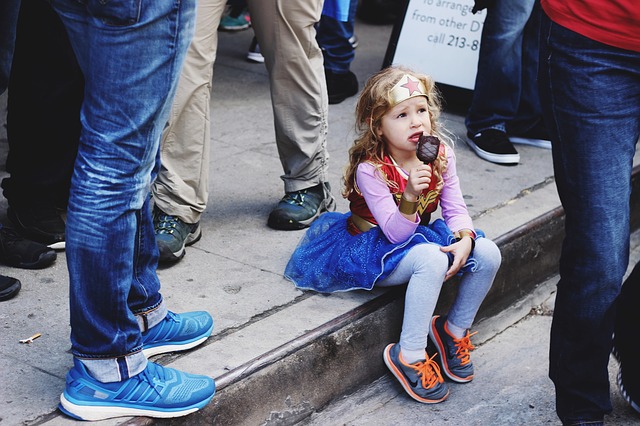By Janina Scarlet, Ph.D.
It is a sad and undeniable truth that many children are exposed to violence, abuse, and terror on a regular basis. From bullying to school shooter drills, to high academic pressures, we are witnessing the rise of mental health crises in many young people, both young children and teenagers, along with an increasing spike in child suicide.
Some of the biggest risk factors for suicide include feeling alienated from others, as well as the perpetuating feeling of hopelessness. Other risk factors include chronic physical or mental illness, substance abuse, or undergoing prejudice, discrimination or bullying, as well as the lack of support from others.
However, some of the most protective factors that help people become more resilient and more adaptive at coping with their mental health struggles include adequate social support (connectedness), effective mental health care, as well as a sense of purpose.
Sometimes, connecting with a friend or a loved one who can understand that a child’s experiences can greatly improve that child’s symptoms and mood. When we feel understood, safe, and supported, we are more likely to show a reduced distress response over time and are likely to be more open to receiving help and finding self-care options.
In addition, some people can also find a form of social support in fictional characters. Some fictional characters may personally speak to us, in that their experiences may be relatable to what we have been through. Many children who experienced a loss or another type of trauma may feel emotionally disconnected from their peers but may find a sense of a personal connection with a fictional character with a similar experience. This form of a connection is called a parasocial relationship or social surrogacy. In this case, fictional characters can take the form of a surrogate friend or a family member, especially when the person’s own friends and family may not be fully supportive or understanding about their emotional struggles.
Research related to parasocial relationships demonstrates that people who experienced something traumatic may feel a stronger connection to certain fictional characters, such as superheroes, for example, than to other people. In addition, a positive connection to fictional characters, such as Batman, Harry Potter, and others can improve eating habits, make children more helpful and more compassionate toward others, reduce the feelings of rejection and loneliness, improve their body image and self-esteem, and even reduce the feelings of suicide.
Such superhero surrogates can allow children to learn that they are not alone in their painful experiences, as well as to model to them how to ask for help and how to support themselves in the time of need. For example, one of the teenagers I was treating had experienced sexual assault. Being a huge fan of Buffy the Vampire Slayer, my client drew tremendous inspiration from Buffy. Throughout our treatment together, my client was able to draw parallels between her own traumatic experiences and those of Buffy. She recognized that when Buffy isolated from her friends as a result of her trauma, her symptoms worsened; however, when she was able to open up to her friends, her symptoms began to improve over time. By sharing a trauma connection with Buffy and seeing how Buffy was able to manage her PTSD symptoms, my client was able to disclose her trauma history to others over time and was able to receive support in her healing process, which ultimately expedited her recovery.
Additionally, superheroes and other fictional characters can provide a model for children about how to stand up for others and support other children when they are struggling. For example, the recent DC film Shazam, teaches kids about the importance of having a supportive family (blood or chosen family), as well as how to stand up to bullies, and stand up for what they believe in. In seeing films and TV shows like these, children can learn how to become their own versions of a superhero and how to support themselves and others when they might struggle with their mental health.

About the Author:
Dr. Janina Scarlet is a clinical psychologist and the author of Therapy Quest (May 7th, 2019), a revolutionary self-help book which combines therapy with an interactive fantasy quest. For more information go to www.superhero-therapy.com

If you or a loved one are experiencing a mental health crisis, call the suicide hotline: 1-800-273-8255 or text the Crisis Text Line: 741-741.
To find a mental health professional in your area, type in your zip code on Psychology Today.



